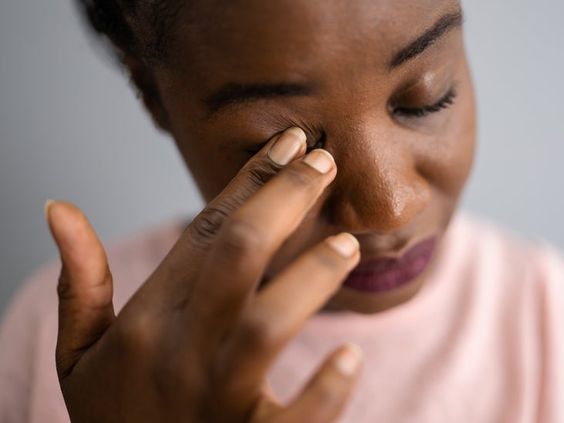Blepharitis: Causes and Treatment
Introduction
Blepharitis is a common eye condition characterized by inflammation of the eyelids. It affects the edges of the eyelids, where the eyelashes grow. Let’s explore the causes, symptoms, and treatment options for blepharitis.

1. What Is Blepharitis?
Blepharitis occurs when the oil glands at the base of the eyelashes become clogged or infected. It can be chronic and may lead to discomfort, redness, and crusting of the eyelids.
2. Causes of Blepharitis
Several factors contribute to the development of blepharitis:
- Bacterial Infection: Staphylococcus bacteria are commonly involved.
- Seborrheic Dermatitis: An underlying skin condition affecting the scalp and face.
- Meibomian Gland Dysfunction: Dysfunction of the oil-producing glands in the eyelids.
- Poor Eyelid Hygiene: Inadequate cleaning of the eyelids.
3. Symptoms
Common symptoms of blepharitis include:
- Redness and Swelling: Eyelids appear red and puffy.
- Itching and Burning: Uncomfortable sensations around the eyes.
- Crusty Eyelids: Accumulation of debris along the lash line.
- Tearing: Excessive tearing due to irritation.
4. Treatment Options
a. Eyelid Hygiene
- Warm Compresses: Apply warm compresses to soften crusts and improve oil flow.
- Eyelid Scrubs: Use gentle eyelid cleansers to remove debris and bacteria.
b. Antibiotics
- Topical Antibiotics: Antibiotic ointments or drops to control bacterial growth.
- Oral Antibiotics: In severe cases, oral antibiotics may be prescribed.
c. Artificial Tears
- Lubricating eye drops to relieve dryness and discomfort.
Conclusion
If you experience symptoms of blepharitis, consult an eye specialist. Proper management and consistent eyelid hygiene can help alleviate discomfort and prevent recurrence.





